Gender and Sexuality
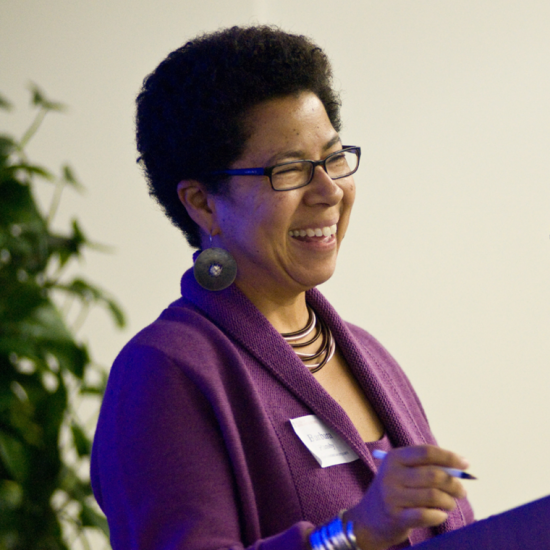
Barbara Ransby
Distinguished Professor, Black Studies & Gender and Women’s Studies & History
Dr. Ransby is a historian, writer, and longtime community activist. Her highly acclaimed biography, Ella Baker and the Black Freedom Movement: A Radical Democratic Vision received eight national awards. Her most recent book is Making All Black Lives Matter: Reimagining Freedom in the Twenty-First Century. In addition to her teaching and research, Dr. Ransby directs the campus-wide Social Justice Initiative, a project that promotes connections between academics and community organizers doing work on social justice. Dr. Ransby is also the winner of the prestigious Catherine Prelinger Prize for her contributions to women’s history.
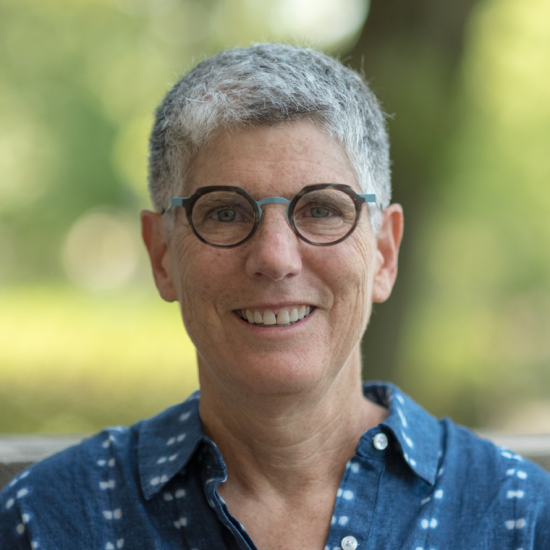
Lisa Frohman
Associate Professor of Criminology, Law and Justice
Dr. Frohman works with communities using participatory action research methods, including photography, observation, and interviews, to explore issues of trauma, violence, resilience and resistance. Her most recent project is with Urban Native women in Chicago exploring experiences of interpersonal, cultural, structural and historical violence and acts of resiliency that have maintained Native identities and communities in the City.
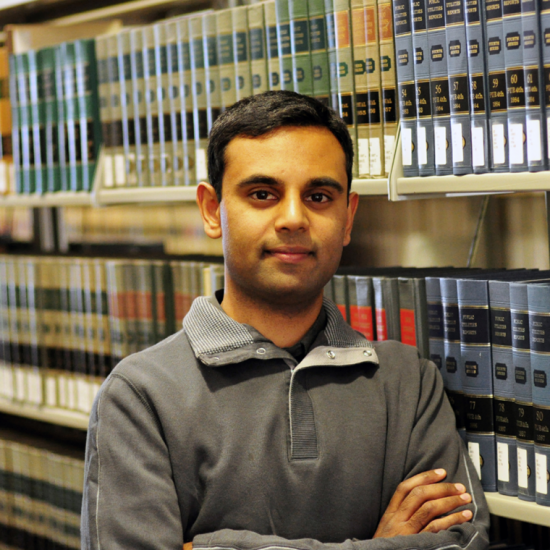
Mahesh Somashekhar
Assistant Professor, Sociology
Dr. Somashekhar’s research agenda concerns how economic development and social inequality affect one another in U.S. cities. Specifically, he studies the effects of retail change on urban and suburban communities, with a particular focus on immigrant entrepreneurship, gentrification, and gayborhoods. He is currently undertaking a project that shows there is no monolithic definition of the term “gentrifier.” The consequences of gentrification vary depending on the race, class, and family status of gentrifiers.

Nadine Naber
Professor, Gender and Women’s Studies & Global Asian Studies
Dr. Naber’s research theorizes the racialization of Arab and Muslim Americans within the contexts of empire and diaspora and seeks to answer the following: How can Arab American Studies respond to Orientalism and tackle sexism, homophobia, and racism in ways that neither reinscribe Arab-bashing nor engage in Orientalism? Dr. Naber’s current research focuses on the impact of state violence (policing/prisons; immigration; and war/surveillance) on mothers of color, highlighting what the visions and strategies of mother-activists bring to Chicago-based social justice movements.

Rohan D. Jeremiah
Associate Professor, Community Health Sciences
Dr. Jeremiah is a global public health scholarly practitioner working at the intersection of substance use, violence, and HIV/AIDS. He integrates social science theories into public health and social service research by examining trauma through the lens of intersectionality to explain domestic and global health men’s health disparities. Dr. Jeremiah’s research activities include harm-reduction services for sexual, gender minority young adults in Chicago and the Eastern Caribbean and trauma-informed assessments and care for resettled ethnic-minority refugee men in the United States.
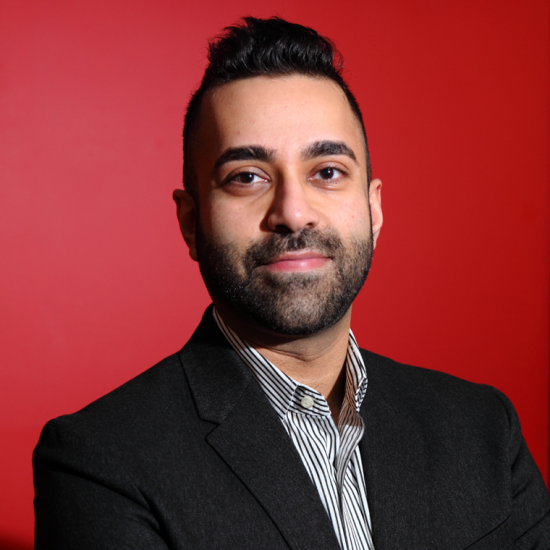
Ronak K. Kapadia
Associate Professor, Gender and Women’s Studies
Dr. Kapadia is an interdisciplinary queer cultural theorist of race, war, security, and empire in the late 20th and early 21st century United States. His research is guided by the historical, materialist, and anti-racist thought of Black, Indigenous, and Third World Marxist feminists and queer and trans people of color. He is author of Insurgent Aesthetics: Security and the Queer Life of the Forever War and is at work on a new book about the critical potential of healing justice movements across multiple transnational sites of security, terror, and war titled “Breathing in the Brown Queer Commons.”
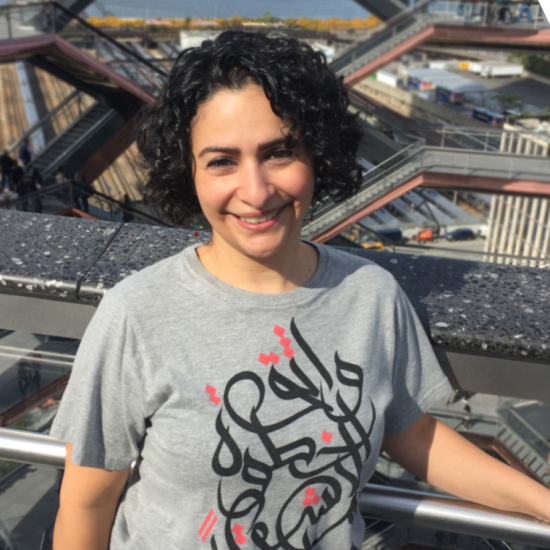
Sarah Abboud
Assistant Professor, Human Development Nursing Science
Dr. Abboud’s research centers on the intersections of ethnicity, sexuality, gender, health, and immigration among immigrants, ethnic minorities, sexual and gender minorities in the United States, in particular Arabs and Arab Americans, and in Lebanon. Her work is informed by social justice, intersectionality, and health equity frameworks and aims at decreasing the significant health disparities faced by marginalized populations. Along with her research work, she has extensive experience in sexual health, qualitative research methods, mixed methods, and community-based participatory research approaches.
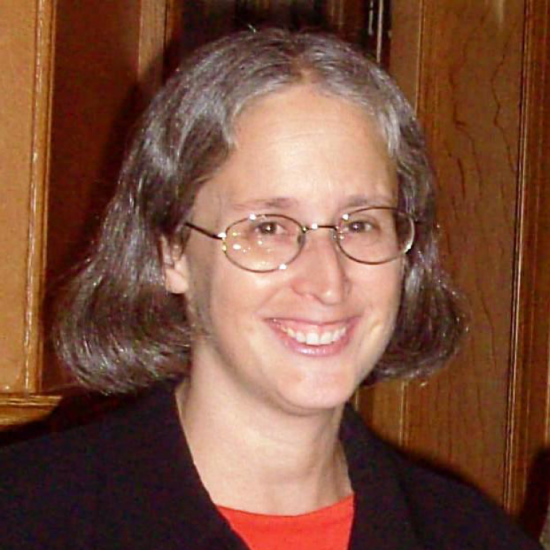
Sarah E. Ullman
Professor, Criminology, Law, and Justice
Dr. Ullman’s research concerns women’s recovery from rape and rape avoidance in ethnically diverse women. Her studies have been funded by NIH to examine the role of risk and protective factors in relation to risk of rape revictimization, mental health, substance abuse, and posttraumatic growth outcomes. She created a measure of social reactions to rape disclosures (SRQ) and is currently evaluating an intervention to reduce negative social reactions to rape victims funded by NIH.